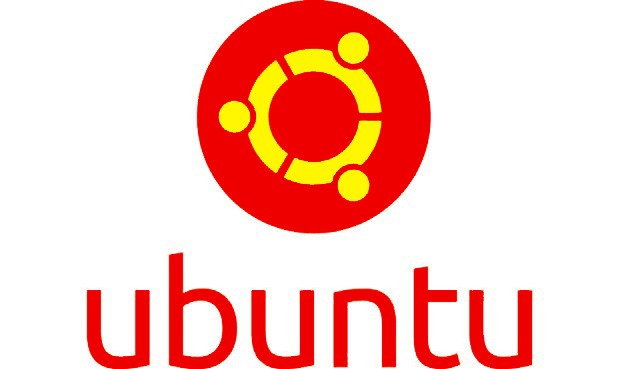Canonical partnership is China’s latest attempt to develop homegrown OS in market where Microsoft’s Windows dominates.
By Michael Kan | IDG News Service
China has picked Canonical’s Linux-based Ubuntu OS as the reference architecture to establish a standardized operating system in the nation that could end up in PCs, servers, tablets and smartphones.
The result will be a new version of Ubuntu, specifically made for the Chinese market, Canonical said in a statement on Thursday. The U.K. company, China Software and Integrated Chip Promotions Centre (CSIP) and the National University of Defense Technology have formed a joint lab in Beijing for the project.
[ Also on InfoWorld: Ubuntu Linux gets a new official flavor. | Learn how to install Apache on Linux in InfoWorld Test Center’s step-by-step guide. | Track the latest trends in open source with InfoWorld’s Open Sources blog and Technology: Open Source newsletter. ]
The partnership is just the latest attempt by China to develop a homegrown OS in a market where Microsoft’s Windows dominates. CSIP is an institution under China’s Ministry of Industry and Information Technology, and actively promotes the use of Linux-based systems.
Windows has currently a 95 percent share of the operating system market among Chinese Internet users, according to online analytics site CNZZ.com. Linux-based systems have a less than 1 percent share.
The goal of the latest effort is to push for an open and widely used operating system, Canonical said on Thursday. The new localized Chinese version will be called Ubuntu Kylin and will be released in April, alongside the latest 13.04 global release of the Ubuntu standard OS.
Future releases of Ubuntu Kylin will feature integration with popular Chinese online services run by local search engine Baidu and e-commerce giant Alibaba Group. Payment processing for Chinese banks and real-time train and flight information will also be incorporated.
The partnership could help expand Ubuntu’s user base in China, now the world’s largest market for PCs and smartphones. The company’s partnership in China will not only bring local investment to the Ubuntu OS, but also make it “useful” for export products made by Chinese companies, Canonical said in its statement.
The naming of the new Chinese version also suggests Ubuntu will leverage technologies from the Kylin OS, an operating system developed by the National University of Defense Technology. The university is best known as the designer behind some of China’s supercomputers, including the Tianhe-1A, now the world’s eight fastest.
As seen on infoworld.com.
